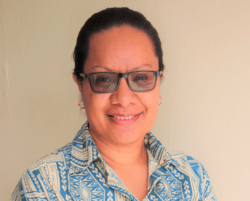
ABSTRACT
This paper discusses how individuals’ behaviour change may contribute to green shipping and explores gender implications in the process of decarbonisation. Consumer behaviour as individuals and household are the emerging area of environmental and energy research. Based on deep-rooted causes of climate change, it is not only industries which contribute to produce emissions but also individual consumers who may choose modern lifestyles, including driving cars nearby, eating meats, and travelling by aeroplanes, contributing to CO2 emissions. As a result, educated individuals are more aware of their behaviour. Different choices in their life-styles are possibly creating an impact on how maritime transport is to be used in the future. In the context of maritime transport, it is possible to assume that such individual behaviour may affect their choice of products, for example, growing vegetables in their countries rather than importing them from far away by the sea. Such behaviour change of individuals and households should not be overlooked in the discussions of maritime energy management. It also triggers the questions of how behaviour change occurs between women and men and how gender plays a role in the process of decarbonisation, affecting the use of maritime transport. In the context of energy and gender, it is known that different gender roles between men and women often result in different priorities and access to energy. Women’s agency—individuals’ capacity of making their own choices freely and acting independently—is often restricted in modern societies. However, norms of ecological lifestyles supported by individualism will influence women’s agency as well as lesser usage of maritime transport as individual actions towards decarbonisation. Based on the literature review, we theorise the impact of behaviour change and gender in maritime transport. In addition, behaviour change may not occur in the same way between developed and developing countries, or between North and South. The paper looks into accounts and examples from Europe and Pacific Islands and argues that education has a role to play in terms of informing certain social groups, for example, women, about how their behaviour influences climate change.
